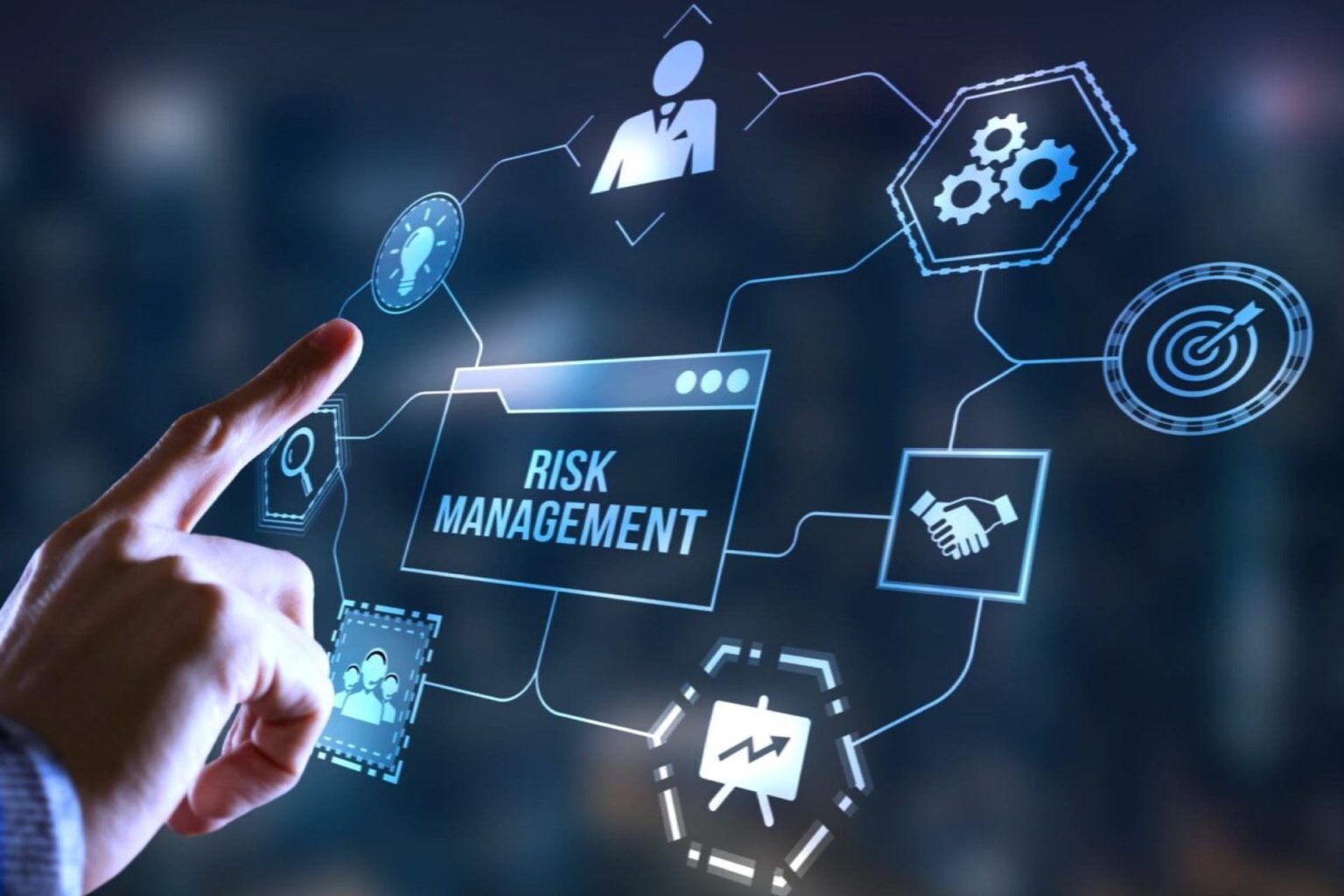Essential Strategies for 2025
In the rapidly evolving digital landscape of 2025, online platforms face unprecedented challenges in managing liability and risk. From e-commerce marketplaces and social media networks to fintech apps and content-sharing sites, these platforms must navigate complex legal obligations while protecting users, data, and operations. Effective liability and risk management for online platforms not only mitigates financial losses but also ensures regulatory compliance and builds user trust. At Penlit & Greyson Legal Practice, a leading intellectual property law firm in Nigeria, we specialize in guiding tech companies through these complexities with tailored legal services for technology platforms.
As cyber threats intensify and regulations like the EU’s Digital Services Act (DSA) tighten, platforms risk hefty fines, lawsuits, and reputational damage without proactive strategies. This article explores key aspects of online platform liability, common risks, legal frameworks, best practices, and how expert guidance can safeguard your business.
Understanding Liability for Online Platforms
Online platform liability refers to the legal responsibility platforms bear for user-generated content, data handling, and operational practices. Unlike traditional publishers, platforms often enjoy protections but can still face accountability for negligence or active involvement in harmful activities.
Key types of liability include:
- Content Liability: Platforms may be held accountable for defamatory, infringing, or illegal content if they fail to moderate effectively. For instance, under evolving laws, active curation can increase exposure.
- Data Privacy Liability: Mishandling user data can lead to breaches of laws like GDPR or Nigeria’s NDPR, resulting in penalties for non-compliance.
- Product and Service Liability: E-commerce platforms risk claims for unsafe products or misleading ads, especially with expanding safety obligations.
- Antitrust and Competition Liability: Dominant platforms like Google face scrutiny for monopolistic practices, as seen in 2024-2025 cases.
Without robust risk management for digital platforms, these liabilities can escalate into multimillion-dollar settlements, as evidenced by recent antitrust rulings against tech giants.
Common Risks Facing Digital Platforms
Digital platforms encounter a spectrum of risks that demand vigilant management. According to 2025 trends, cyber insurance demands are surging due to evolving threats. Here are the primary ones:
- Cybersecurity Risks: Data breaches and ransomware attacks top the list, with platforms vulnerable to unauthorized access. Media liability insurance is increasingly vital for covering such incidents.
- Regulatory and Compliance Risks: Non-adherence to laws like the DSA or U.S. Section 230 reforms can trigger fines. Cross-border operations amplify this, requiring global strategies.
- Reputational Risks: User-generated content controversies, such as hate speech or misinformation, can erode trust. Social media liability is a growing concern in 2025.
- Third-Party and Supply Chain Risks: Dependencies on vendors introduce vulnerabilities, as seen in platform risk assessments.
- Operational Risks: AI-driven decisions or algorithmic biases can lead to discrimination claims, highlighting the need for ethical risk oversight.
These risks underscore the importance of platform risk management to prevent disruptions and maintain competitiveness.
Key Legal Frameworks and Recent Cases
Global frameworks shape liability for online platforms, balancing innovation with accountability.
- U.S. Section 230: Provides immunity for user content but is under review for potential reforms to increase platform responsibility.
- EU Digital Services Act (DSA): Mandates risk assessments and transparency, with audits advancing platform accountability in 2025.
- Nigeria’s Legal Landscape: Aligns with international standards, emphasizing data protection under NDPR, with emerging focus on platform oversight.
Recent cases illustrate these dynamics:
- Google Antitrust Rulings (2024-2025): Courts found Google liable for monopolistic practices in search and adtech, leading to potential remedies.
- Meta Class Actions: Ongoing suits allege anticompetitive acquisitions, highlighting risks for dominant platforms.
- AI Copyright Disputes: Cases like New York Times v. OpenAI emphasize liability for training data usage.
These precedents signal a shift toward greater accountability, making risk management for digital platforms essential.
Best Practices for Risk Management in Online Platforms
Implementing best practices can transform liability challenges into opportunities for resilience. Draw from ISO 31000 standards for structured approaches.
- Conduct Regular Risk Assessments: Identify vulnerabilities through audits and digital footprint mapping to prioritize threats.
- Implement Robust Controls: Use encryption, access policies, and AI for monitoring. Foster a risk-aware culture with employee training.
- Secure Third-Party Relationships: Vet vendors and include data protection clauses in contracts.
- Leverage Technology and Insurance: Adopt cyber insurance and tools like honeytokens for early detection.
- Ensure Compliance and Continuity: Align with regulations, maintain backups, and develop disaster recovery plans.
These strategies, when integrated, reduce exposure and enhance operational agility.
The Role of Legal Experts in Platform Risk Management
Navigating online platform liability requires specialized expertise. At Penlit & Greyson Legal Practice, we offer comprehensive legal services for technology platforms, including:
- IP strategy and trademark registration for software.
- Drafting licensing agreements and data protection policies.
- Representation in disputes and cross-border IP protection.
- Risk assessments tailored to Nigerian and global regulations.
Our team helps startups and established platforms minimize risks while fostering innovation. Visit penlitgreyson.com/services to learn more about our IP protection for startups.
Secure Your Platform’s Future
In 2025, effective liability and risk management for online platforms is not optional—it’s a competitive necessity. By understanding liabilities, addressing risks, and adopting best practices, platforms can thrive amid uncertainty. Don’t wait for a crisis; partner with experts to build resilience.
Contact Penlit & Greyson Legal Practice today for a consultation on platform risk management. Explore our resources at penlitgreyson.com/blog and safeguard your digital future.



